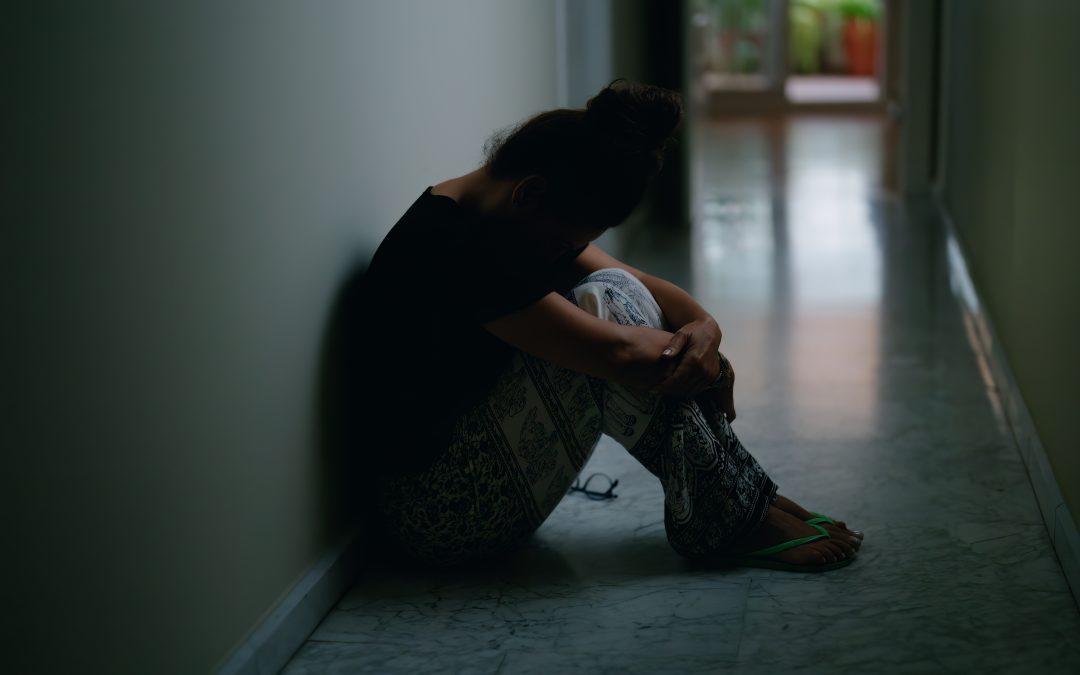The Domestic Abuse Commissioner published new research that offers an unprecedented view into the family justice system. The pilot study based across three family court sites gathered comprehensive data, including reviews of nearly 300 child arrangement case files, live observations of nearly 100 court hearings, and input from domestic abuse survivors, as well as interviews with judges, magistrates, and Cafcass/Cafcass Cymru officers.
The report reveals evidence of domestic abuse in 73% of observed cases and 87% of case files of private law children cases before family courts in England and Wales. Despite this overwhelming prevalence, the report highlights that family courts are failing survivors and putting children’s safety at risk. Research shows the family justice system is failing at recognising all types of domestic abuse, and the negative attitudes towards domestic abuse by those working within the family courts is leading to decisions that may be putting children in harm’s way.
Survivors repeatedly reported that their allegations of abuse were not taken seriously. They were often discouraged from raising abuse based on the notion it would bear no impact on the child contact granted to the abusive parent. Alarmingly, the Commissioner’s review found that unsupervised overnight contact was granted to the abusive parent in more than half of the cases reviewed.
Survivors reported feeling isolated, helpless and pressured to accept potentially unsafe child arrangements. Furthermore, the report found that the family justice system operates with an outdated view that physical and sexual abuse are inherently more serious than other types of abuse, particularly coercive and controlling behaviours.
Survivors felt that non-physical abuse was often viewed as unimportant and if there was no evidence of physical abuse, it was considered ‘minor’. Sadly, physical abuse, including sexual abuse continues to be assessed as a more severe by those who work within the family court. Consequently, the severity of coercive and controlling behaviours (despite being recognised as a criminal offence) is being dismissed and overlooked, leading to survivors being disregarded and unheard within the justice system.
The charity Women’s Aid described the court system as having a pro-contact culture, meaning family judges prioritise a parent’s ability to see their child over the child’s safety. The charity also found that over the last nine years, 19 children were killed by a parent in circumstances relating to unsafe child contact.
Commissioner, Nicole Jacobs summarised the issue and said:-
“No child should be forced to spend time with an abusive parent… But time and time again we see how the pro-contact culture and antiquated views on domestic abuse are contributing to decisions that put children in harm’s way. This must stop.”
The Urgent Need for Reform
The Commissioner’s findings are a damning indictment of the family justice system, revealing a widespread issue in the way in which abuse is being treated. The report suggests that the family justice system is not only failing survivors of domestic abuse but is equally endangering children by prioritising a pro-contact culture and minimising the severity of other types of abuse.
Contact us
If you are experiencing domestic abuse, please get in touch here to arrange your free 30-minute initial consultation with a domestic abuse specialist.

